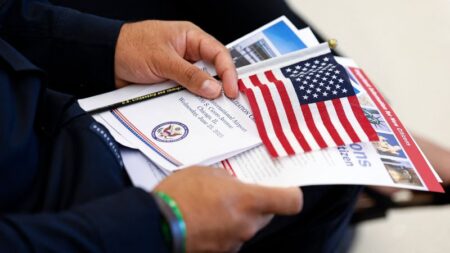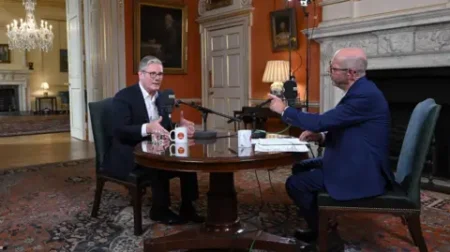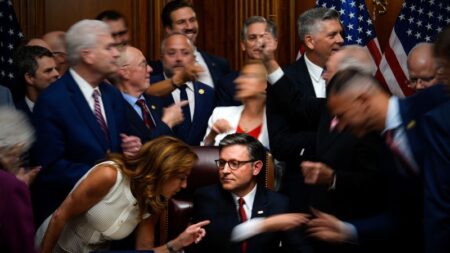In a recent and controversial decision, Kent County Council has opted to remove all transgender-related literature from the children’s sections of its libraries. This announcement came from the council leader, Linden Kemkaran, who framed the removal as a triumph of “common sense” within the community. This move has sparked discussions about free speech, censorship, and the resources available for children seeking to understand diverse identities.
The justification for this decision was articulated by Paul Webb, who holds the reform UK’s communities portfolio and oversees library services in the council. He indicated that the action was taken following concerns raised by a “worried member of the public.” This situation highlights the delicate balance between community values and cultural representation in public libraries, which traditionally serve as spaces for learning and exploration.
The impact of this decision raises significant questions. Specifically, there remains a lack of clarity regarding how many books will be removed and the criteria that will be used by the council to identify transgender-related books. Kent County Council operates 99 community libraries alongside five mobile library vans, meaning this policy change could affect a substantial number of resources available to children across the region. The ambiguity surrounding which titles or topics are deemed inappropriate leaves many questioning the rationale behind the decision.
Criticism has not been limited to members of the public. Antony Hook, the Liberal Democrat leader of the opposition in Kent, expressed his concerns, emphasizing the unconventional nature of announcing such significant policy shifts via social media rather than through official council channels. He called for transparency and demanded a detailed explanation of the titles that would be removed.
Additionally, reactions from various members of the community, particularly those advocating for LGBTQ+ rights, have been strong and varied. Labour MP Tristian Osbourne condemned the decision, labeling it an “unedifying gender baiting of the LGBT community.” Meanwhile, Steven Pullen, founder and director of Swale Pride, described the move as “deeply upsetting,” claiming it emboldens anti-trans rhetoric. Erin Strawbridge, manager of an LGBTQ+ bookshop, voiced her dismay, arguing that censorship threatens the mental well-being of LGBTQ+ youth, potentially pushing them into further isolation and distress.
In defending the council’s actions, Webb emphasized the responsibility of society to protect children from influences he deemed harmful, similar to other protective measures against alcohol and gambling. He argued that young people should be shielded from what he described as “potentially harmful ideologies,” referring specifically to those propagated by trans activists. However, when confronted by the BBC regarding whether any assessments were conducted to understand the implications of such removals, his response suggested that the lack of prior evaluation had been an oversight in the initial acquisition process.
Despite the serious nature of this decision, there is widespread acknowledgment that any book removals must come with a clear rationale. The vague nature of Kemkaran’s announcement has led to further scrutiny, with calls for a comprehensive list of the titles affected. Community leaders and library advocates argue that transparency is essential, both so that educators and parents can better navigate discussions about identity with children and to ensure that young individuals who identify as LGBTQ+ do not feel marginalized or unsafe in their community libraries.
As the implications of these library removals continue to unfold, Kent County Council finds itself at the center of a heated national conversation regarding the intersection of children’s literature, LGBTQ+ representation, and the role of public institutions in fostering inclusive environments. The foundation of this debate will likely shape library policies and community discussions for years to come, prompting libraries nationwide to reflect on their practices surrounding diversity and inclusion.











